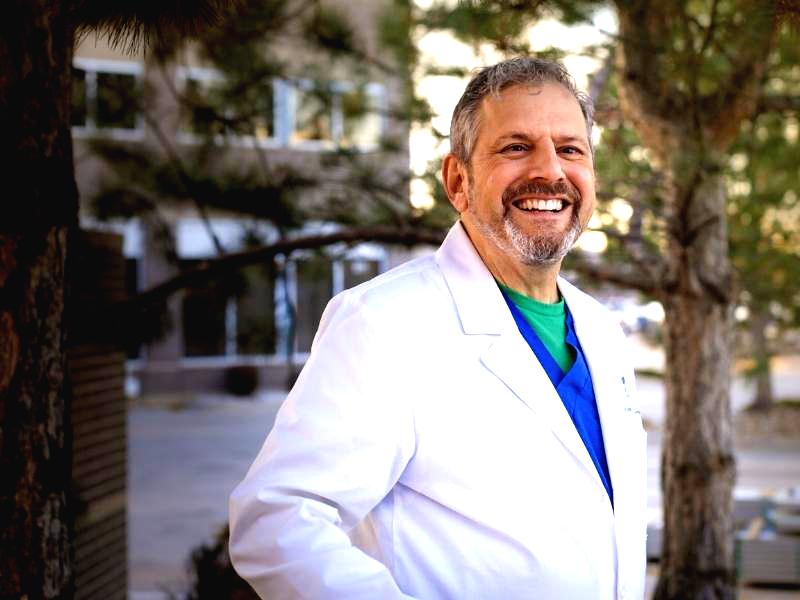Yes, it’s well known that achieving a healthy pregnancy and delivery is easier before your late 30’s but we are still understanding how genetics, egg quality, and ovarian function change over time. Trying to get pregnant or staying pregnant often relies heavily on your reproductive age and not just chronological age. But could pregnancy actually turn back your biological clock?
Jennifer Garrison, an assistant professor at Buck Institute for Research on Aging, was interviewed recently about how extending a women’s fertility might extend her overall lifespan. Interesting, right? We asked Dr. Robert Greene from Conception Reproductive Associates of Colorado for his take on the recent interview with Dr. Garrison and the data behind it.
“The data from Dr. Garrison helps refute a long-held idea referred to as the Disposable Soma Theory. In short, the main idea behind this theory is that there is a tradeoff between life expectancy and reproduction,” offered Dr. Greene whose blog Enhancing Fertility has addressed the issues of reproductive aging as well as egg quality and quantity previously. Dr. Greene explained more, “It has long been believed that pregnancy at a younger age and having a higher number of children will shorten the life span. However, the field of regenerative medicine has changed this perspective dramatically. Partnered with new information in our understanding of genes and aging, there is growing data and information supporting a revision to our understanding of both reproduction and aging.”
With recent research in hand, the fields of reproductive medicine and regenerative medicine are illustrating that reduced fertility may actually be a sign of early aging. With nearly 300 genetic determinants for reproductive aging already identified, scientists and reproductive researchers have their work cut out for them. However, armed with a healthy diet and lifestyle changes as well as the possibility of certain supplements and medications, there is growing evidence that we can potentially slow the aging process and enhance fertility.
“The genetic data suggest that about 50% of a woman’s anticipated menopause may be inherited. So, what about the other 50%? As a reproductive specialist, I’m looking for the possibilities and multiple ways of trying to delay or offset these otherwise naturally occurring changes in fertility,” added Dr. Greene. In fact, multiple studies are now finding that women that carry their last pregnancy in their late 30’s or early 40’s have increased longevity. This supports that there may be a rejuvenating effect of pregnancy and that, through multiple mechanisms, many of the signs of aging can be slowed or even potentially reversed.
“Dr. Garrison’s data is very interesting but most first-time infertility patients still face basic issues egg quality, egg quantity, sperm quality, or sperm quantity to get to their first pregnancy. If you’ve been trying to get pregnant for 6-12 months without success, don’t wait to talk to a reproductive specialist. And if you need fertility care, do your homework as not all centers and treatments provide the same chance of success. Our team at Conceptions has delivered success rates well over the U.S. average for many years,” said Dr. Greene who has been a member of the Conceptions provider team since 2015 and is a board-certified reproductive endocrinologist for over 25 years.
As medicine continues to pursue lines of research focused on ovarian aging and reproductive potential, there are many practical applications today as well as reasons for reassurance for those pursuing pregnancy later in life.
To connect with Dr. Greene visit Conceptions Reproductive Associates of Colorado today!


